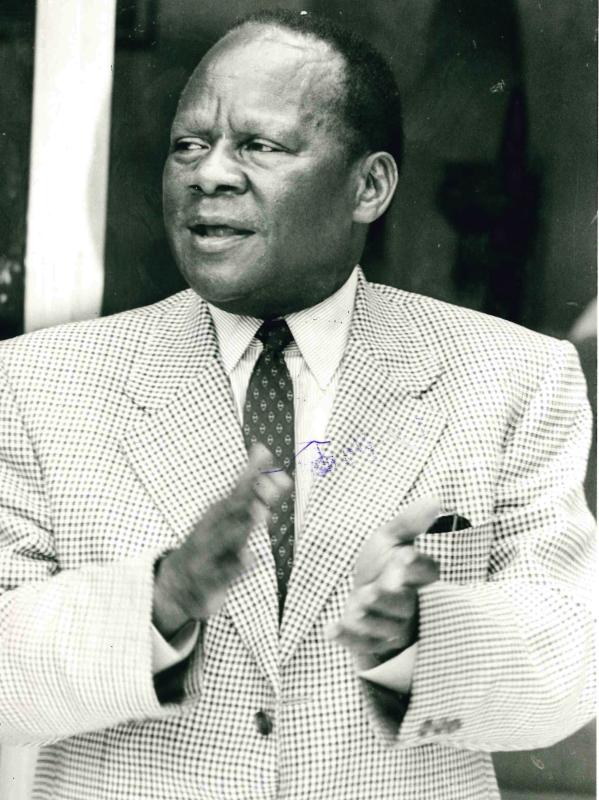
Maina Wanjigi takes credit for initiating and developing the expansive open-air Gikomba Market in his Kamukunji Constituency. He, however, noted that in the beginning, the traders were constantly harassed by Nairobi City Council officers and the police before they established themselves in the market.
At the time he joined politics, many children in the low-income constituency could not access basic schooling. In a speech he made in Parliament in June 1973 advocating for free primary school education for all, he said, “Unless you have a good education to which every child has access and that can be harnessed to (enable them to) reach their full potential, you cannot build a sound population and a sound nation. It is about time somebody got the message that we want free primary education. Let every child in this country be entitled to at least eight years of free primary education.”